Kasi the Sacred City of Lord Siva
Synopsis
Among the several sacred cities of the world, Kasi has a distinct individuality that gradually developed over the ages since the hoary past when the city was founded four thousand years ago, and in consequence the people of this ancient city have in course of these centuries evolved philosophy of life quite distinct from that of other place in India or outside of the nation. Starting from the righteous Vedic Culture Kasi continued to develop along normal Aryan lines. There was plenty of spiritual exaltation from the Rigvedic lore combined with the music of the Sama and the scientific sprit of the Atharva, strengthened later by Vaisheshik philosophy; but simultaneously there was the bard who "tells the lore of living" and a combination of these religious and philosophical elements with the scientific and the utilitarian produced the Aryan concept of life and how it was to be lived. Kasi (popularities known as Varanasi) however soon started on its own individual course and when one of its kings became a top philosopher of his times, it was realized that spiritual and intellectual bliss was an essential element for the achievement of beatitude, and so Varanasi developed an attitude of mind unaffected by physical and 'other worldly adversities, which were merely the punishment for earlier sins and had to be borne in any case. Where was the good of crying over these unimportant aspects of life and the graciousness of Goddess Annapurna, and Visvanatha gave additional strength to bear calamities and even continuous suffering with a smile and with a contentment not usually met with elsewhere. Why weep for the present passing phase of suffering. Thus while faith strengthened the will to wear a smile even in misfortunes of life, it; also gave the strength to bear them without flinching, in addition to the feeling that Lord Visvanatha was in Varanasi, and so "all is right with the world that is Lord Siva at Kasi his own established city sacred an Ancient Fond of betel and his mouth full of it, the typical person of Kasi roamed about in his scanty dress, with a flower garland round his neck (which he had just received from his Lord in the temple) and saffron sandal paste on his forehead, serene and contented, and "cared for no man he" and , if he had the good luck of having a draught of the famous Varanasi Thandai coloured with the favourite herb intoxicant of the city, he considered himself no way inferior to a king. Early morning walks to distant gardens or across the Ganga to the sands on the other side on a boat, a draught of freshly prepared thandai there and a return to the holy river for a bath followed by some sort of worship, and then a bee-line to some temple. That was the routine and as he left the fane after paying his obeisance to his Lord, he was a happy man indeed-full of bliss that was not of this earth. He greeted his friends with hearty smile and did not mind a joke or two at his expense-or even a few loving abuses, and was able to give a hearty laugh even against himself on suitable occasions it is only due to the grace of Lord Siva. Caste, religion, sect and even nationality have never been barriers in the matter of accepting the Kasi Samskriti and persons of all persuasions could and did become followers of this creed inspite of their diversity in other respects. All who came to make Varanasi their home become converts to this view of life soon enough, and even if they went out again they did not cease to be its votaries in realms beyond. One could recognize a Varanasiman in other cities-even in foreign countries-such was the stamp of its culture that he carried about it, and even today he is clearly marked out in this respect. In spite of its distant to place and he remains there as clearly marked out personality, and own individuality if one were to sum up the entire gamut of Kasi Culture in one or tow words, they would be Mauj and Masti-two words which seem to have no parallels in the English language. The former epitomises all that goes by the generic terms enjoyment, conviviality, festivity, jollity, gaiety, and other similar ideas while Masti envisages contentment, serenity, placidity, tranquility exhilaration, geniality, buoyancy, self-esteem, heartiness, and even recklessness wayward obstinacy. The present work entitled "Kasi - The Sacred City of Lord Siva" is and attempt to outline of antiquity, culture, uniqueness and relevance with the Lord Siva i.e. Visvanatha (Visvesvara). To understand the significance of this sacred and ancient city the religion beliefs, seat of Indian religions, factual elements as a sacred city of Lord Siva, are dealt exclusively and concisely.
Read more
52.20
46.98
$
58.00 $
Free delivery Wolrdwidе in 10-18 days
Ships in 1-2 days from New Delhi
Membership for 1 Year $35.00
Get it now and save 10%
Get it now and save 10%
BECOME A MEMBER

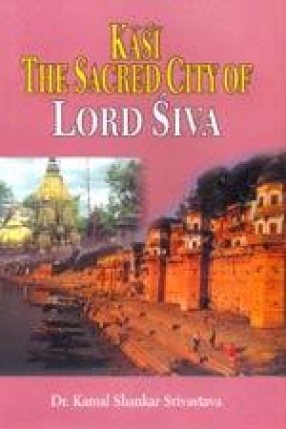
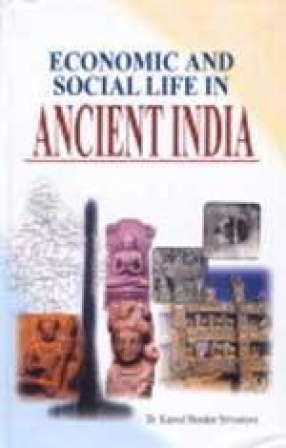
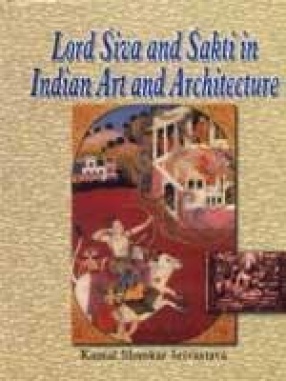
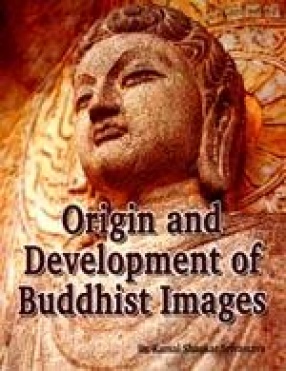
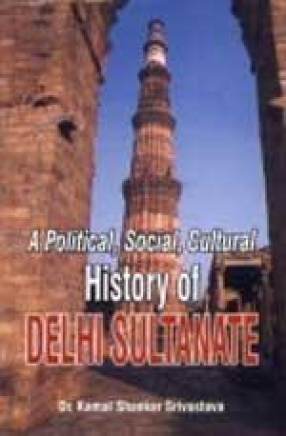
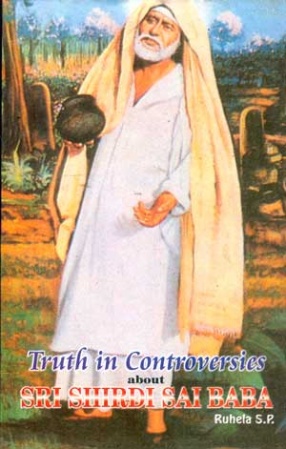


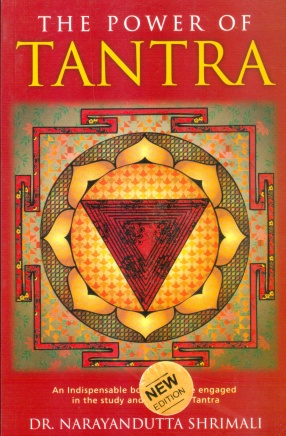

Bibliographic information